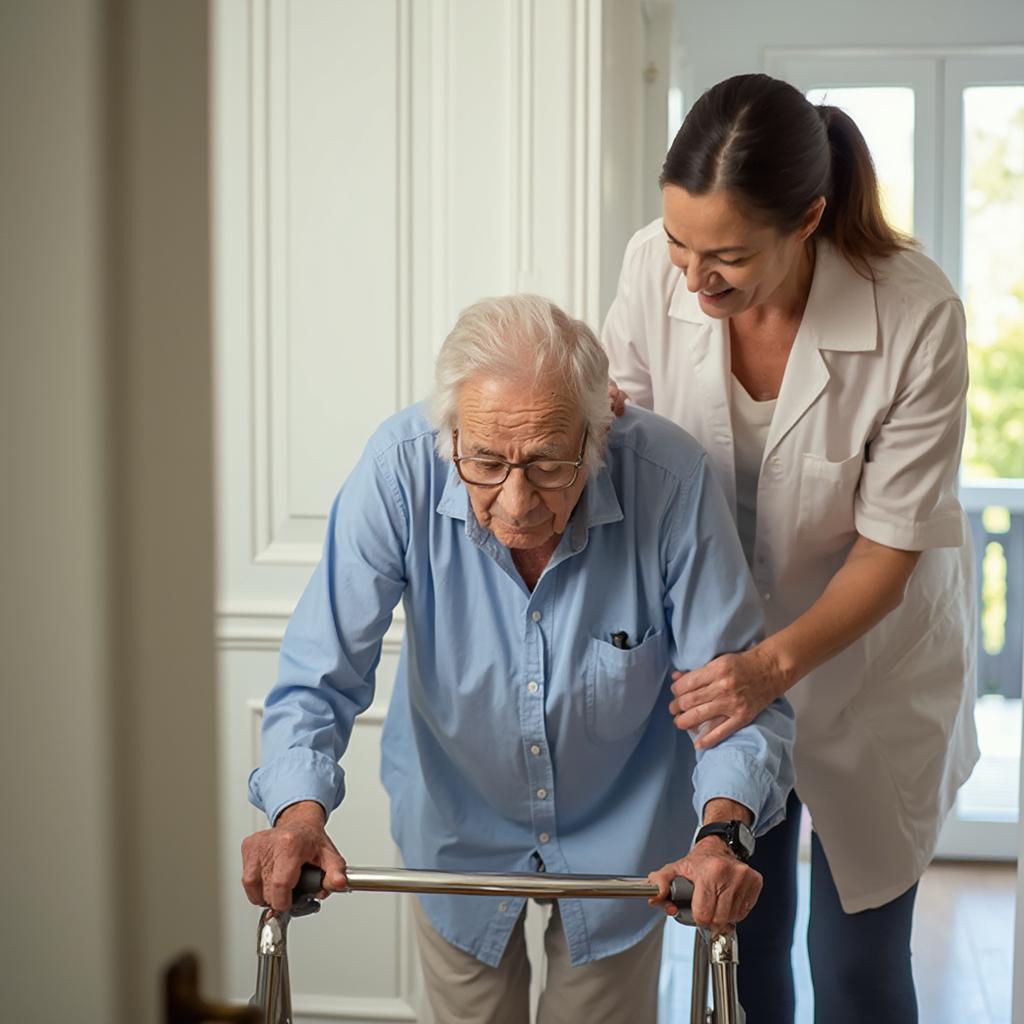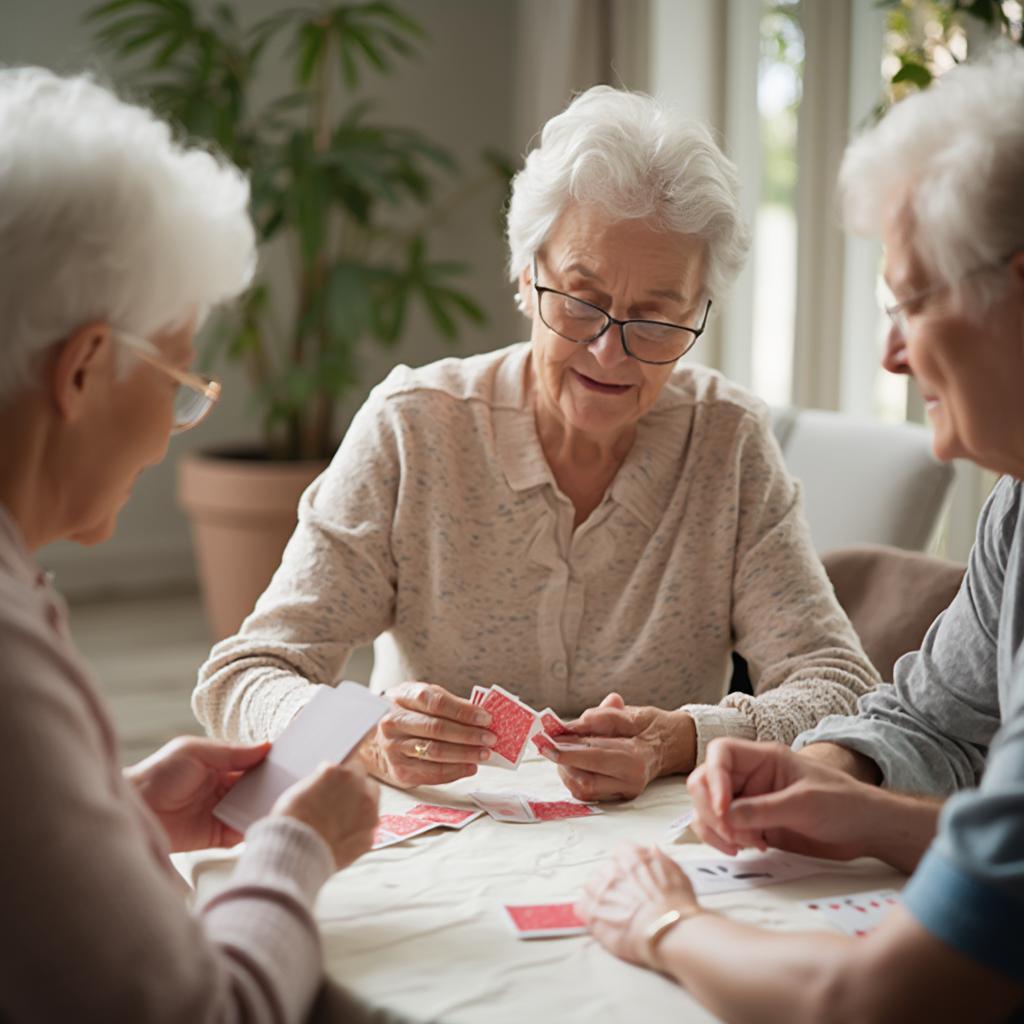Your cart is currently empty!

Personal Care Tips for the Elderly
Personal Care Tips For The Elderly encompass a wide range of practices designed to maintain hygiene, comfort, and overall well-being. These tips address the unique challenges and physical limitations that can come with aging, helping seniors maintain their independence and quality of life. From adapting bathing routines to simplifying dressing, proper personal care can significantly impact an elderly person’s physical and emotional health.
Maintaining proper hygiene is crucial for preventing infections and promoting a sense of well-being. For seniors, bathing can become challenging due to mobility issues or balance problems. Consider installing grab bars and shower seats to enhance safety and comfort. Using a hand-held showerhead can also offer more control during bathing. For those with dry skin, lukewarm showers are preferable to hot ones, and using moisturizing soaps and lotions can help keep skin hydrated. Don’t forget oral hygiene, which is equally important. Brushing and flossing regularly, or using adaptive aids if necessary, can prevent dental problems and contribute to overall health. See our guide on elderly personal care tips for more detailed information.
Dressing and Grooming: Practical Tips for Seniors
Dressing can become a frustrating task for seniors with limited dexterity. Choosing clothes with easy closures like Velcro or elastic waistbands can simplify the process. Adaptive clothing designed specifically for seniors is also a helpful option. Regular grooming, such as hair care and nail trimming, not only improves appearance but also contributes to self-esteem. If mobility is a concern, consider seeking assistance from a professional caregiver or family member. These seemingly small details can make a significant difference in an elderly individual’s daily life.
Maintaining Skin Integrity: Essential Personal Care Tips for the Elderly
Skin becomes more fragile with age, making it prone to dryness, irritation, and injury. Using gentle, pH-balanced cleansers and moisturizers can help maintain skin integrity. Protecting skin from excessive sun exposure is also crucial, as is regular checking for any changes or sores that may require medical attention. Proper skincare can prevent discomfort and potentially serious health issues. For healthcare professionals looking for self-care strategies, visit self-care tips for healthcare workers.
Mobility and Safety in Personal Care
Maintaining mobility is key to independent living. Regular exercise, even simple activities like walking or chair exercises, can help improve strength, balance, and flexibility. Ensuring a safe environment at home, free of tripping hazards, and with adequate lighting, is also essential for preventing falls and injuries. Assistive devices, such as walkers or canes, can provide additional support and enhance mobility.
 Elderly person using a walker with assistance from a caregiver
Elderly person using a walker with assistance from a caregiver
Nutrition and Hydration: Key Components of Elderly Personal Care
Proper nutrition and hydration are essential for overall health and well-being. Ensuring a balanced diet rich in fruits, vegetables, and lean protein can provide the necessary nutrients for maintaining energy levels and supporting bodily functions. Staying adequately hydrated is equally important, especially for seniors who may have a decreased sense of thirst. Drinking plenty of water throughout the day can prevent dehydration and its associated health risks. For relevant tips on healthcare, you can refer to odia health care tips.
“Regular personal care routines, including proper hydration and nutrition, aren’t just about hygiene; they are about preserving dignity and fostering a sense of well-being,” says Dr. Emily Carter, Geriatric Specialist at ElderCare Associates.
Mental and Emotional Well-being: Personal Care Tips
Personal care extends beyond physical needs. Maintaining social connections and engaging in activities that stimulate the mind are crucial for mental and emotional well-being. Encouraging seniors to participate in hobbies, socialize with friends and family, or join community groups can help combat loneliness and promote a sense of purpose. “Never underestimate the power of social interaction in promoting emotional well-being for seniors,” adds Dr. Carter. Consider these tips on social media tips in foster care for connecting with loved ones.
 Elderly individuals participating in a group activity
Elderly individuals participating in a group activity
In conclusion, personal care tips for the elderly are crucial for maintaining their independence, health, and overall well-being. By addressing the specific needs and challenges that come with aging, we can empower seniors to live fulfilling lives. “Prioritizing personal care isn’t just about extending life; it’s about enhancing the quality of life,” states Dr. Anya Sharma, Certified Geriatric Nurse Practitioner. Planning for the future is also essential; check out our guide on my voice advance care planning guide quick tips.
FAQ
- What are some basic personal care tips for the elderly?
- How can I help an elderly loved one with their personal care?
- What are some common challenges in providing personal care to the elderly?
- What are the benefits of proper personal care for seniors?
- How can I make personal care routines more comfortable for an elderly individual?
- What are some adaptive aids that can assist with personal care?
- Where can I find more resources on personal care tips for the elderly?
Need assistance with car diagnostics? Contact us via WhatsApp: +1(641)206-8880 or Email: [email protected]. Our customer service team is available 24/7.

Leave a Reply